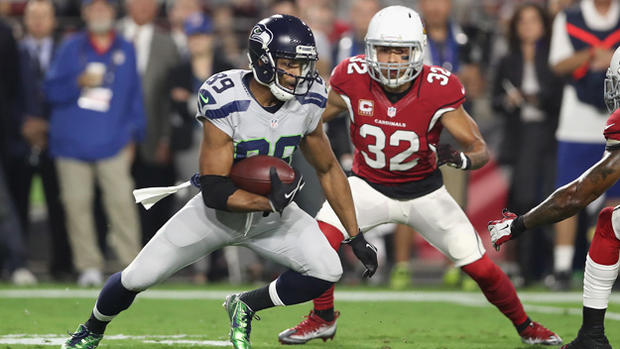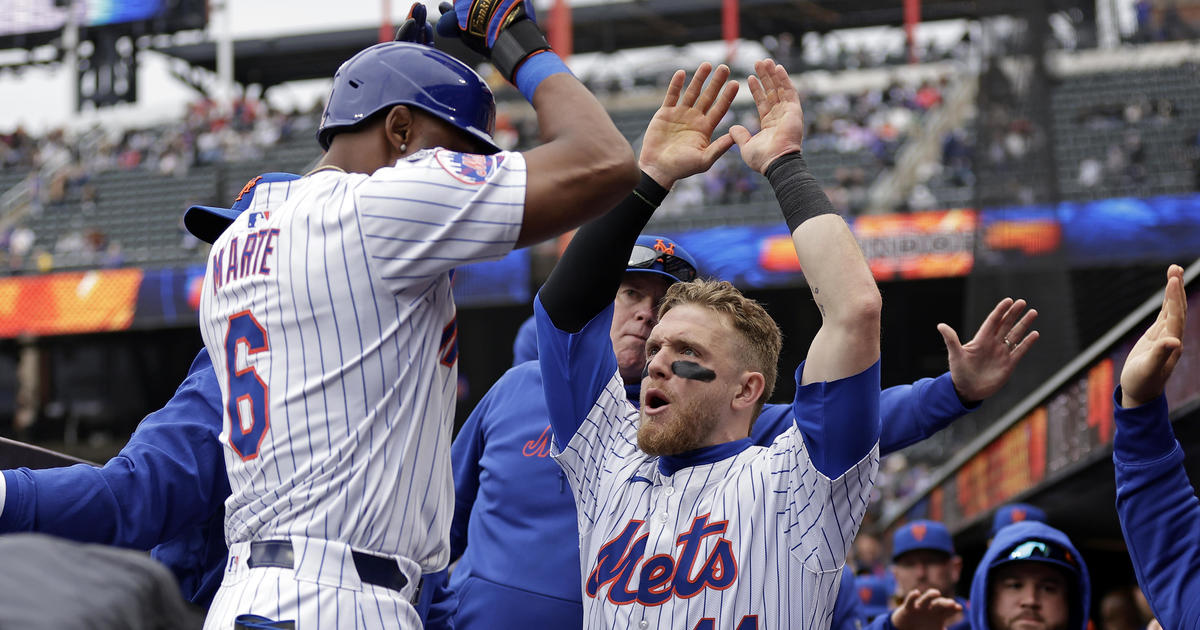Silverman: Reducing OT Will Create More Ties -- And That's A Good Thing
By Steve Silverman
» More Columns
The NFL power brokers are heading to Chicago next week to examine the state of the game, and one of the actions likely to be taken is a change in the current regular-season overtime rules.
Instead of playing up to 15 minutes of extra time when a game is tied after four quarters, that amount is likely to be reduced to 10 minutes.
The NFL changed its overtime rules a few years ago to guarantee multiple possessions in the extra period if the team that receives the ball first scores a field goal, but not a touchdown. That change was motivated by fairness. It was deemed unfair to saddle a team with a loss if it didn't have the opportunity to possess the ball.
It was not deemed unfair in the event that a touchdown was scored, but that's a debate for another day.
The latest rule change is supposed to be about safety. It's one thing to play 70 minutes of football during the course of a regular-season game – but 75 is apparently too much.
Raise your hands if you follow that logic.
MORE: Leonard Marshall, Matt Hasselbeck Pledge Brains To Concussion Research
But while I mock the league for its lack of logic and nonstop rule changes – extra points, kickoffs, leaps while defending kicks – the thought of an increased number of tie games makes me as as giddy as Larry David when he thought he was adopted. (That one's for you, "Curb Your Enthusiasm" fans!)
Ties used to be regular occurrences in the NFL, college football and the NHL, but they are now mere relics of the past.
College football eliminated ties with the advent of overtime before the 1995 season, while the NHL did the same to its ties with the addition of the shootout at the start of the 2005-06 season.
Prior to that, if teams were tied after five minutes of overtime, the game ended in a tie.
The NFL plays unlimited overtimes in the postseason, but regular-season overtime was added in 1974. Before that season, any game that was tied after 60 minutes was tied.
Those were the good, old days.
The demise of the tie has been seen as a good thing by the majority of executives, coaches, players and fans, but there is a small minority who loved tie games.
Why would anyone love ties? Because they are a lot better than losses, and you live to fight another day.
It may be a strange feeling to leave a venue without a winner or loser, but it's not the end of the world. It's not exactly an accomplishment, but it's a lot better than swallowing a painful defeat.
It seemingly goes against the very American way of life that is instant gratification, but it teaches the lessons of sharing, patience and equality.
There have been many great ties in sports history, and perhaps the two biggest came in the 1966 and 1968 college football seasons.
The famous 10-10 tie between Notre Dame and Michigan State was billed as the game of the century in 1966. Notice how "game of the century" is not capitalized, and that's because there were at least a dozen more of those before the 20th century was over.
Notre Dame and Michigan State were the Nos. 1 and 2 teams in 1966, and those rivals met in a November game at Spartan Stadium in East Lansing, Michigan. Notre Dame had a brilliant coach in Ara Parseghian, and Michigan State had the most devastating player in the country in defensive end Bubba Smith.
The two sides engaged in a brutal physicallt in more ties. But don't expect a plethora of them.
There were two ties last year, and that was the first time there
struggle for 58-plus minutes, but Notre Dame had a chance to move into position for a game-winning field goal in the waning moments. Parseghian chose to sit on the ball and not risk losing the game.
Two years later, undefeated Ivy League teams Harvard and Yale met in 1968 at Harvard Stadium in Cambridge, Massachusetts. With less than a minute remaining, Yale led by a 29-13 margin. Harvard scored 16 points in the final 42 seconds, and the game ended as a tie.
The game was nearly as famous for the Harvard Crimson newspaper headline that followed: "Harvard beats Yale, 29-29."
A 10-minute overtime in the NFL will almost certainly resu
had been multiple ties in a season since 1997. The NFL's last tie prior to that season had been in 1989.
So the new, shortened overtime could result in two, three or maybe even four ties.
It's a step in the right direction, but it doesn't go far enough. Let's eliminate regular-season overtime completely, and then do the same thing in college football and the NHL.
Getting rid of regular-season overtime would only enhance the postseason, when unlimited overtime is a way of life.
And oh, so satisfying.
Follow Steve on Twitter at @Profootballboy




